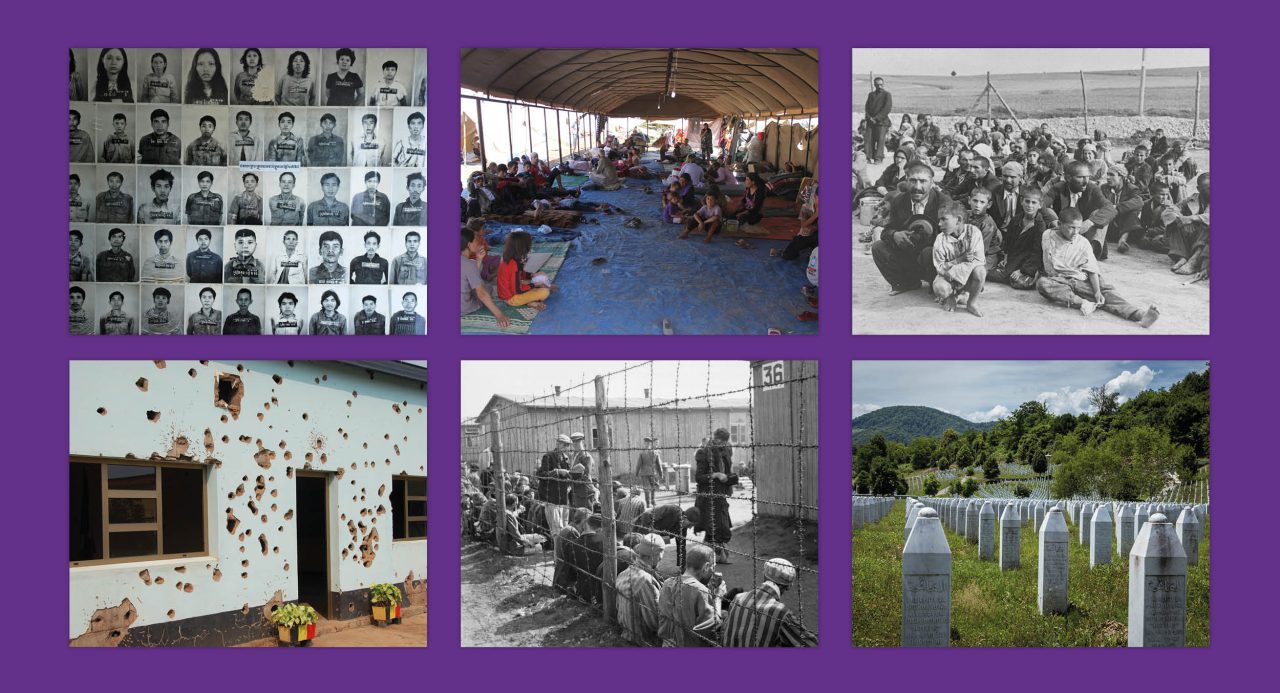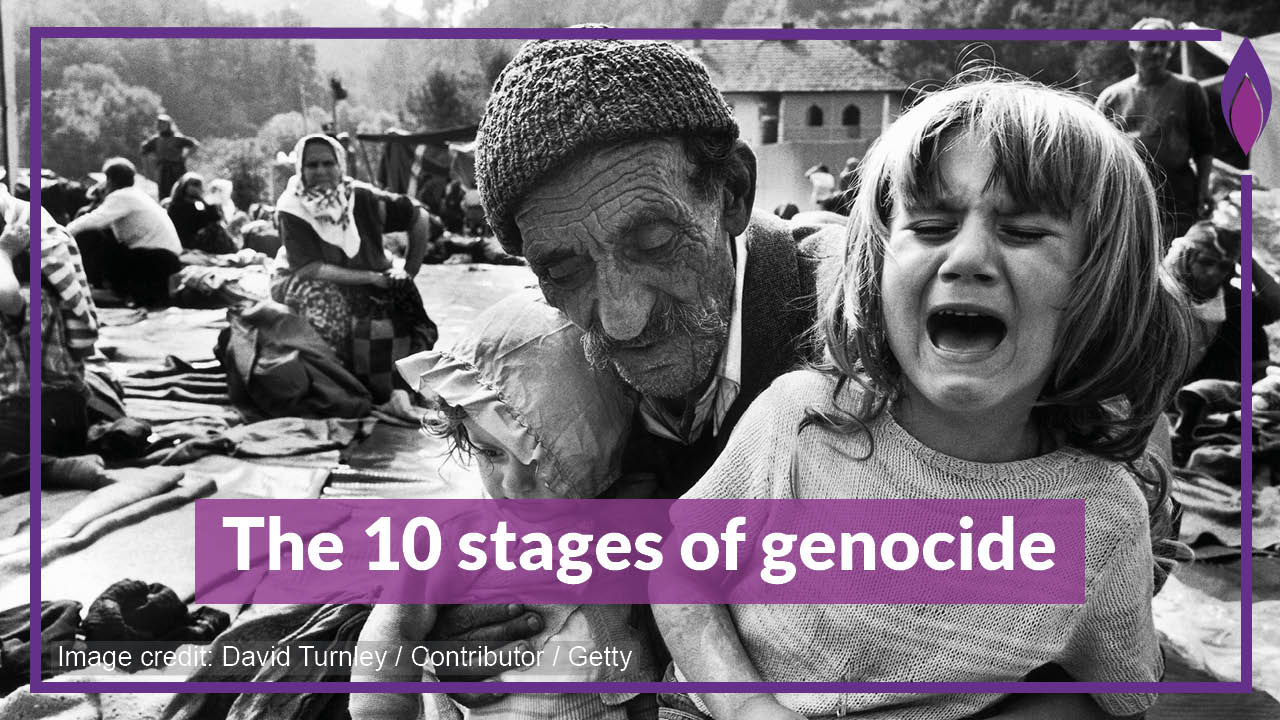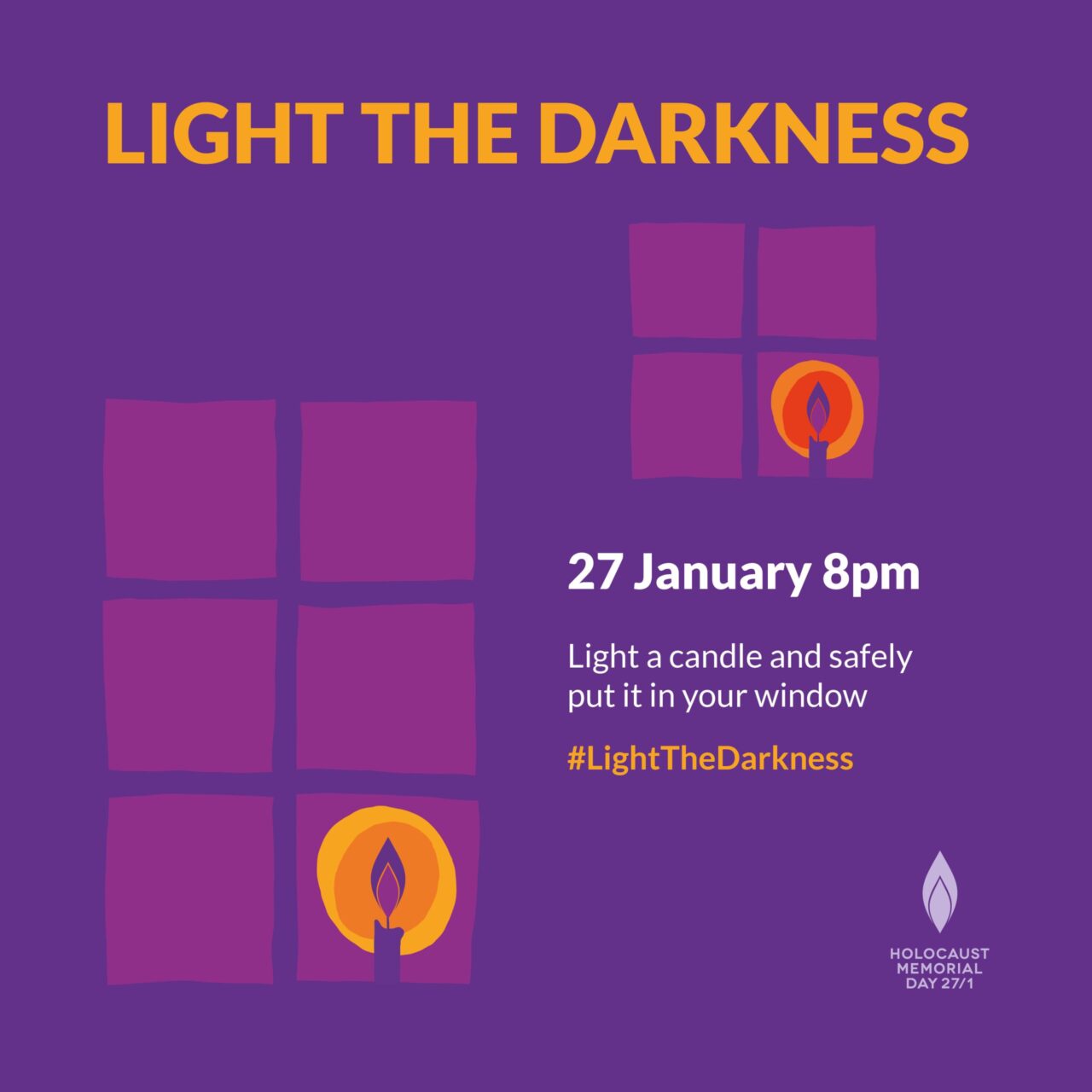
HMD image library
Whether you are organising an in-person event or using your social media accounts to mark Holocaust Memorial Day (HMD) you may wish to use images to engage those attending or viewing your activity. Images can inspire conversation to help you mark HMD in a meaningful and impactful way.




